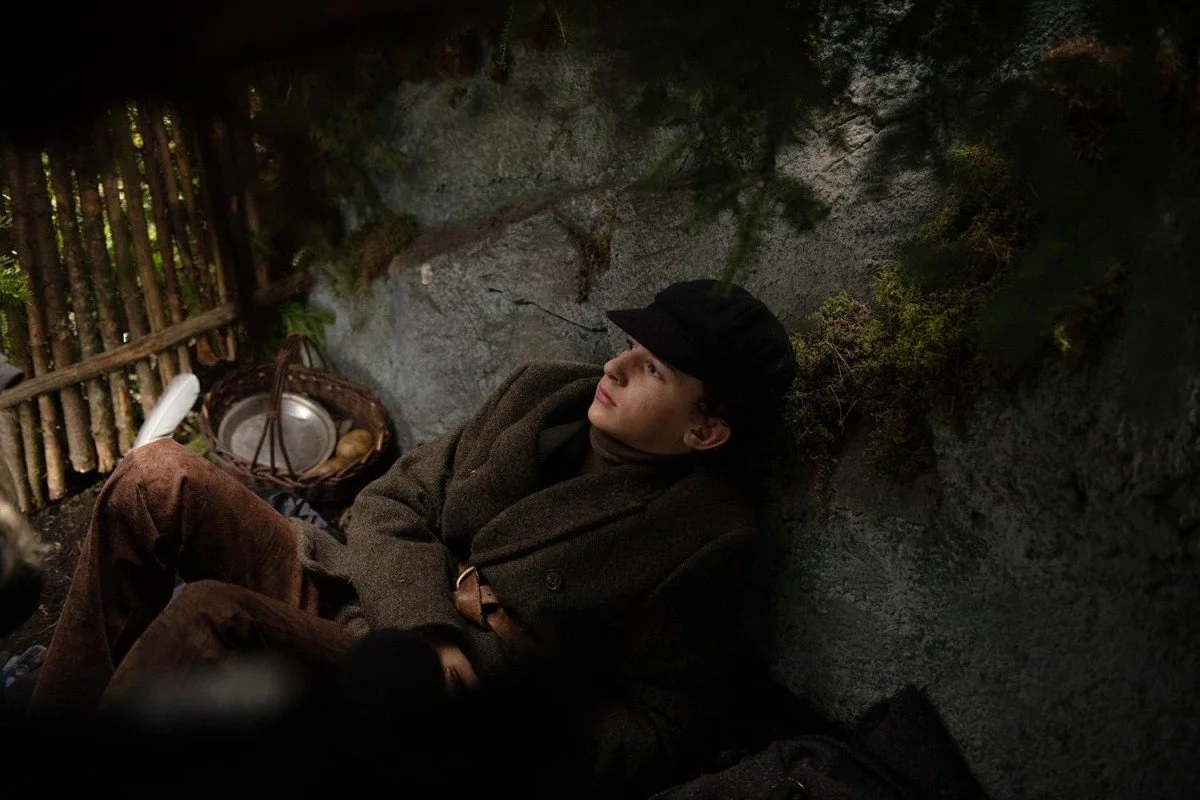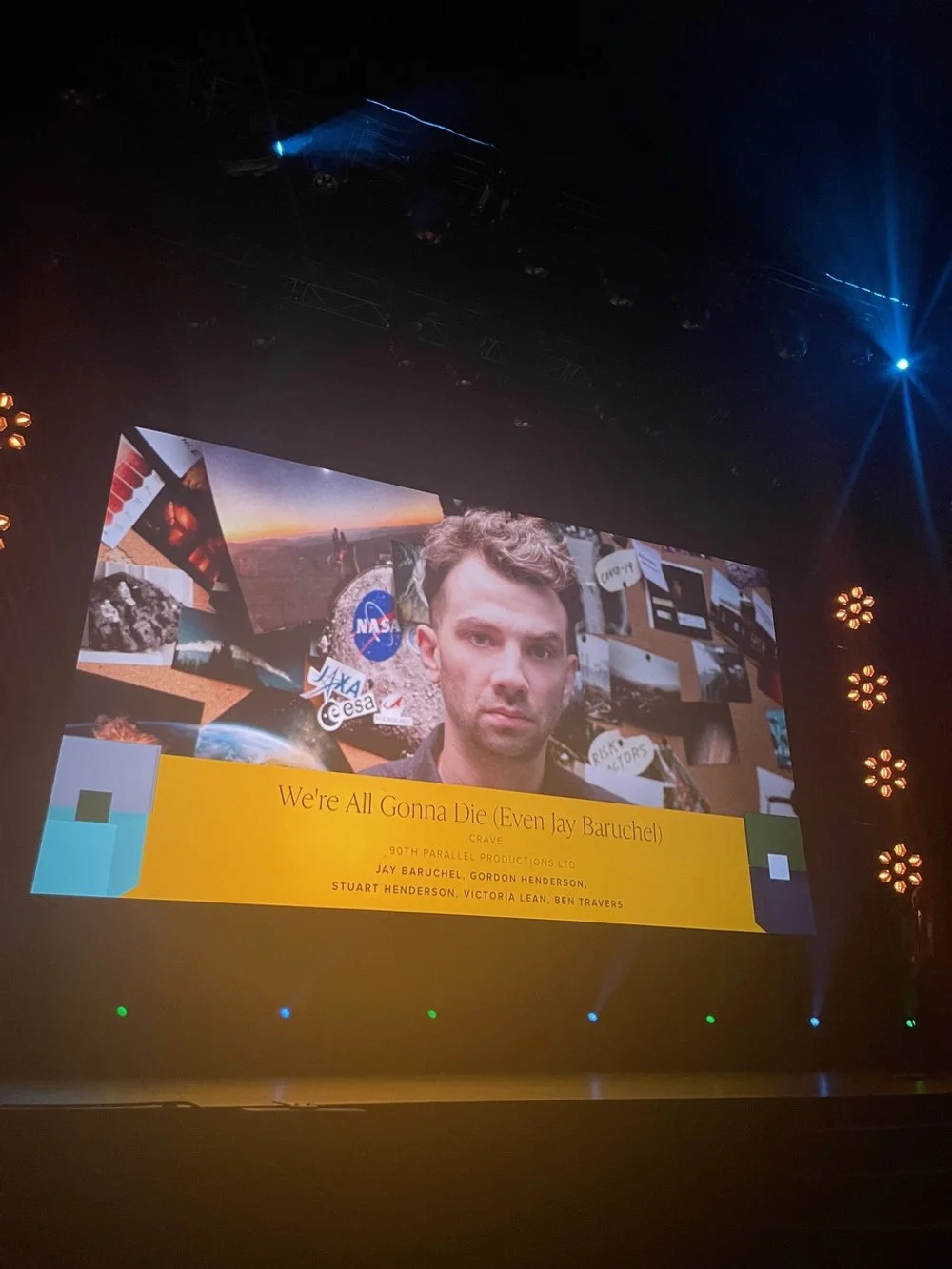Looking through the schedule before TIFF 2015, is daunting, to say the least. I found this pattern though when I read the descriptions and potentially checked out the trailer. If I felt some sort of connection to the story - like an energy coming off the page asking me to go to this screening - then it made my comprehensive agenda and I endeavoured to see it.
The greatest energy I received is from Pan Nalim's Angry Indian Goddesses (2015). A tale about a group of modern women in India all faced with issues of femininity. From gay marriage, to divorce, to being respected in the work place, being a mother, and finding happiness in life, this movie is truly packed to the brim.
"this is not a film, it is a platform of truths for various women" - Su (Sandhya Mridul), TIFF 2015
Within the first ten minutes, the whole theatre was shouting "YEAA" at the screen, as the girls fought back against gender stigmas and stood up for themselves in their daily lives. Onto my analysis:
1. This film took me to many places. A city, a rural and beautiful country side, a home, and an exciting night life. What struck me so much about this film is how modern it was. It did away with stereotypes and actually addressed real issues that are facing women today in India - not 50 years ago. There is a lack of male presence in this film, making the women strong protagonists on screen. Therefore this film took me through a truly unique and female perspective.
2. How did this film make me feel? WOW. I think the easier question is what emotion did I NOT feel. This was a rollercoaster ride. I was shouting for them, then I was feeling anxious for them, I was with them in the club dancing, and then I was vengeful and frankly sobbing by the end. These women, only bonded by their individual friendship with Frieda (Sarah Jane Dias), navigate their way through one wild week together on the coast of Goa. It is their friend's mysterious bachelorette party, of which, non of the women have seen her "fiance." The film is riddled with a powerful undercurrent, and it is electric. When the story takes a dark turn - and I mean stomach clenching, white knuckle, breathless turn - how do these women rectify the situation? How does the community stand together against bureaucracy, and how do we as audience members resolve the horrible events on screen?
3. How did this film educated me? Well I learned a lot about women on the other side of the world who face very similar issues that women here in Canada face. There is pressure to marry and pressure to have a family. I also learned that women in India face completely different issues: issue of rape and how frequently it happens (one every minute of the day), pressures on women to stay home and be a mother versus having a career of their own too, arranged marriage, what it means to be successful / a failure, and finally that India has not made it legal for homosexuals to marry. All these issues, complex matters, were addressed cinematically and truthfully in the film. The actors on stage after said that most of the acting was in fact improvised and real emotions all the women felt during each scene. Sometimes the director would give each women individual different instructions and put them all together in the scene and film the one take. That take showed real emotions as the women and their characters navigate through a complex and cruel world. The end, however, showed me something truly powerful and emotional: when the whole community stood up together, collectively as one, they were standing up for a cause greater than their village. It is something the world as a whole needs to do to protect its people and offer everyone equal opportunity.
4. Was the film fun? OF COURSE! It was not always focused on serious social issues. There were exciting friendship moments and heart warming moments as the characters began to change and accept themselves, their surroundings, their situations, and the need for change. When Su discovers her daughters loneliness and talent for drawing, when Frieda rescues Lakshmi and hires her back, when Jo inspires Mad to continue her work and creates a viral video of her singing. Indeed, Jo's character transcends the entire film, living on after her cruel death. Her beauty, charm, and wisdom becomes something of an ideology. Something worth fighting for. Something worth killing for. It is here that the film is so brilliant and delivers such an intense and engaging life TRUTH.
5. The transformative experience is prevalent throughout the narrative. And again I return to Jo's character as the catalyst: she convinces Lakshmi to end her bitter vengeance against the killer of her brother and to live life to the fullest everyday without hate; the group of traditional friends accept Frieda's love and marriage to Nargis, a socialist and protester; Jo films Mad singing one night and posts the video on youtube. This turns out to be the biggest break ever for Mad and propels her once meagre singing career into the spotlight and what we can only assume as success: Jo shows Nu a different side to her daughter, bringing mother and daughter closer together and tightening their familial bond: Jo talks to Pammy about fulfilling her entrepreneurial dreams as a business owner, against her husband's wishes and family desires. What Jo proves is that one moment of positive enforcement, one conversation that is meaningful is enough to enact change. And this change is strengthened through community. Coming together as one to fight for a just cause.
"I hope society grows up, and society will be equal in all possible ways" - Lakshmi (Rajshri Deshpande)
PLEASE PLEASE PLEASE go see this film. You will not be left unfulfilled. It is truly a turn of the century film. A female centred cast, a cast riddled with improvisations and real emotions captured eloquently on camera, a film that discusses REAL social issues that need to be addressed now. There is no turning back after seeing Angry Indian Goddesses.
"it was just us laid bare" - Mad (Anushka Manchanda)
READ MORE HERE:
FACEBOOK: Angry Indian Goddesses
OFFICIAL TIFF FESTIVAL: Angry Indian Goddesses
- Jenn





